History was once dominated by ‘great men’ and ‘great battles’. Today we can tell a far more nuanced story about the impact of warfare on nations and communities. Newspapers can help to tell that story. The papers in The Archive stretch back to the early 1700s and into the 2000s and can be used to research many famous, and forgotten, conflicts. Throughout November we will explore a variety of topics related to the history of conflict and the military services.
The history of the military and warfare can be found in every newspaper and in this blog post we will show you how to make the most of your searches. We also have a range of specialised military titles in The Archive. You can learn more about these in our Military Newspapers blog.
In the papers you can discover the fate of individuals serving in the military and navy, trace the movements of regiments, examine how conflicts were being reported, and discover what was happening on the home-front.
Names of Wars
Some wars were named as they were fought with the names we know them by today, examples include the Boer War(s) and The Crimean War. The names of other conflicts have changed over time. The First World War was not called that until after the conflict had ended, it was referred to as the Great War, sometimes the World War, and most often, simply, The War. Some conflicts which would have been called rebellions or uprisings at the time are now recognised as part of independence movements and their names have changed to reflect this. Other wars had several names depending on the theatre.
With all these name changes in mind the best way to start your search is to use Advanced Search and use the Publication Date search to set up a search that just looks at dates between the start and end of the war.
Try this yourself with our World War One search, and our World War Two search.
Battles & Combatants
Another way to focus your searches is to search for particular battles or to search on the names of the armies or countries involved. For example, the conflict now known as The French and Indian War was a war between Britain and France fought over lands in North America between 1754 and 1763. One of the easiest ways to focus in on reports about this conflict is to use date search to narrow your focus and then search for ‘French Troops’.
The French and Indian War became part of a larger world-wide conflict, now known as The Seven Years War. Another strategy for focusing in on the events of a war is to combine date search with the names of famous battles. While these are also often only recognised as being pivotal after the war they are often named after the places they occurred and those place-names will appear in newspapers. For example a search on Prague during the period of the War immediately returns results from the Battle of Prague in May 1757.
Another strategy is to search for the names of military commanders. A search on “Duke of Wellington” will bring you reports of the Peninsular War, as of course will searches on Napoleon.
Remember! When searching for specific military events to check for articles several weeks after the date of the event. In a time before radio, television, and often before telegram, news could take several days or weeks to filter back home. A pretty good rule of thumb is the earlier your event in history, the later the stories will continue to appear in the papers.
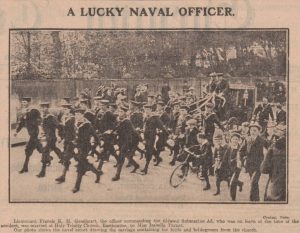
The Army & The Navy
The movement and fate of regiments and soldiers is well documented in the newspapers. Our military titles are particularly valuable for discovering this sort of information, but you will also find promotions, movements of regiments, and reports about individual servicemen and women in all newspapers.
Search Tip! Some army regiments were first named for their commanders, then as numbered regiments of foot (or foote), before being named as we know them today. For example the Connaught Rangers were previously the 88th and 94th Regiment of Foot.
Picturing war
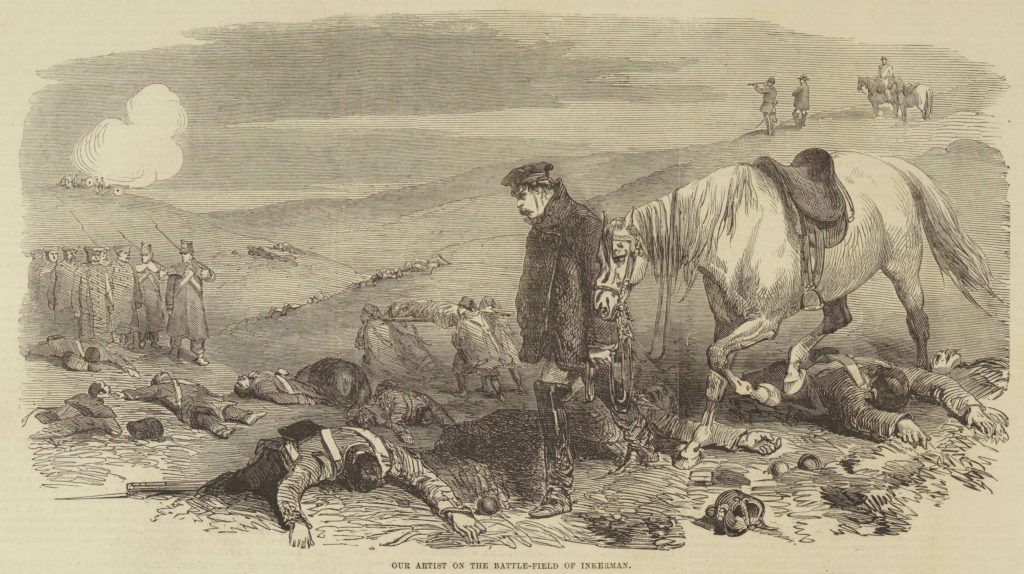
Illustrators and photographers have long made battle a subject of their work, and you will find images from many conflicts in our papers. Use the same search strategies you would for searching for people or places, then select Illustrated in the search facets in the Refine Search bar on the left hand side of the page.
Need more help searching?
Throughout November we will be covering a range of military and war topics. You can read them all by clicking here.
We have various guides to help you get the best out of your searches, on the website our Help & Advice section will walk you through using Search. In our blog we our Hints & Tips posts cover a variety of specialist topics. On our YouTube channel you will find our webinars.



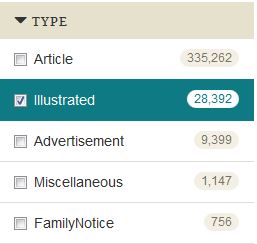
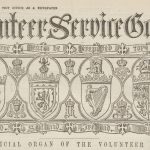
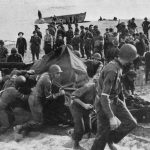
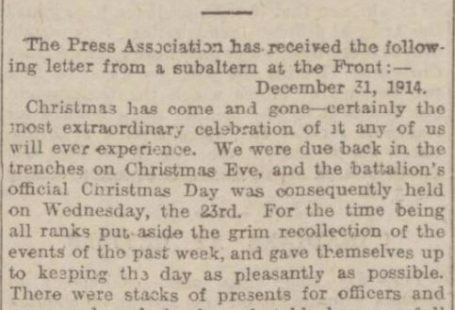

2 comments On Researching Military History in Newspapers
I would love to look at the old editions of the Bideford & North Devon Weekly Gazette, to research one of my ancestors participation in WW1, and other aspects of life in North Devon at this time, but this short lived paper has still not been added to the archive. I am unable to access the archive of this newspaper at our local record office! Any chance that this title will be added soon?
After visiting here you will be able to find out one of the best ways to ecommerce product data entry work so if you searching for the same work so you can have best results from here and today this work is in scope. Also will help you to improve your knowledge.